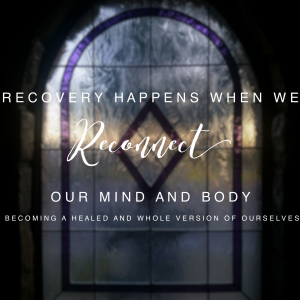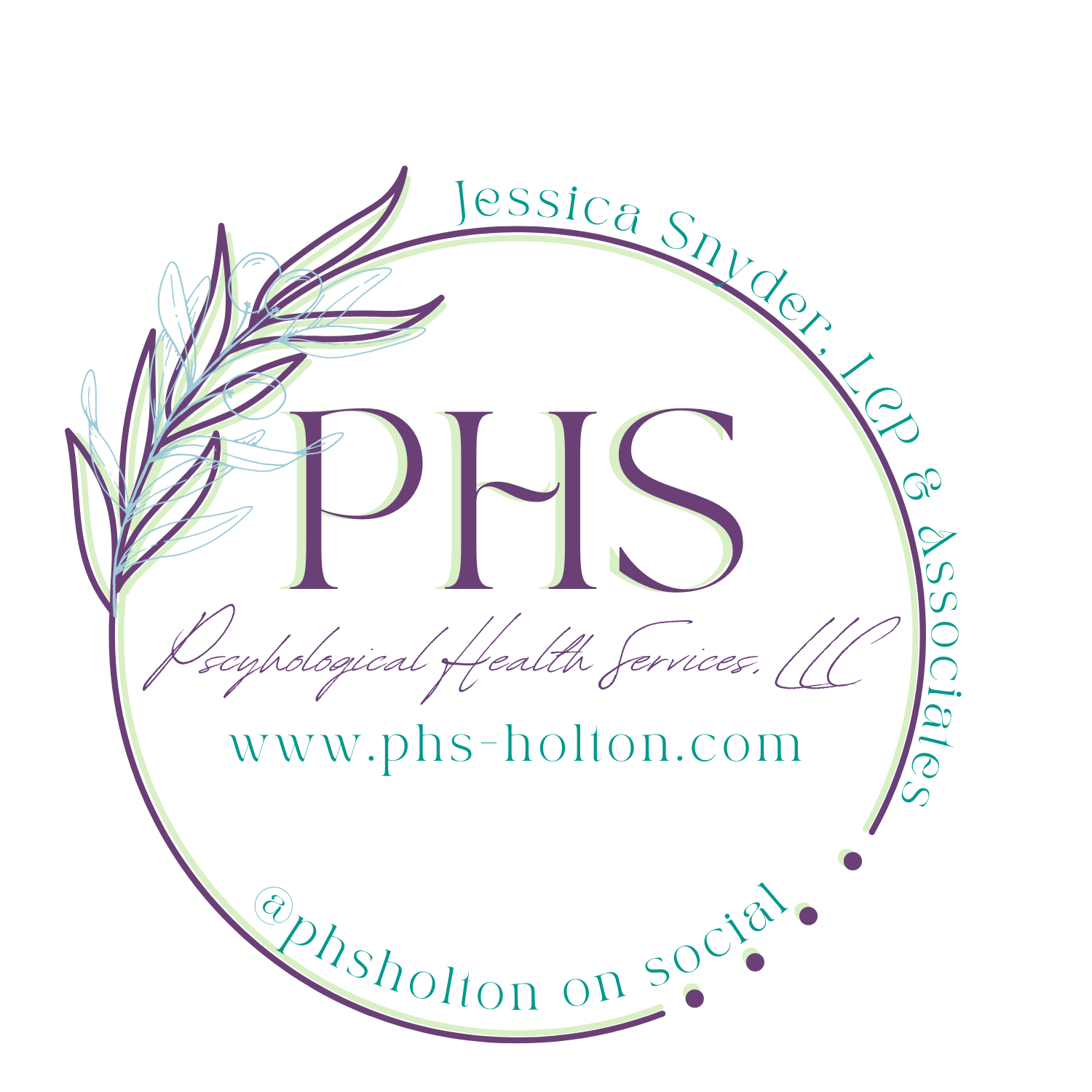PTSD Recovery-It doesn’t all have to happen in the therapy office!
I recently attended a training on PTSD treatment and was so encouraged to see more emphasis being placed on supporting movement and the arts in recovery from Post-Traumatic Stress. It was a great reminder of the benefits of building as many opportunities for recovery as possible into the present moment as a way of intentionally creating a flourishing life.
One of the most important pieces of education I have noticed to be helpful to those that I’ve supported through their recovery efforts is the understanding of the mind-body connection. It is often an “aha!” moment for many to understand the way that their mind and body coped through the traumatic event in a way that was successful and helpful then, at the time of the trauma, but that is not so helpful in the present moment.
When we experience a traumatic event, and that event is not processed and healed properly, it can develop into Posttraumatic Stress Disorder (PTSD) which results in an individual experiencing a variety of different symptoms of distress that are essentially marked by that traumatic event replaying in and influencing the present rather than remaining in the past where it occurred.
Much of what develops in PTSD is influenced by the mind and body no longer working together as they previously did. For many people, in the event of the trauma there is often disconnection, so to speak, between their mind and their body. In many ways, this serves as a safety-mechanism in which the mind is essential disconnecting from the body to cope during a crisis. This is a great feature for our mind and body to utilize to be able to self-protect and preserve amid crisis. Part of the great design of human beings was this protection mode that serves us well at these times. Unfortunately, after the trauma, this severed connection does not always become re-connected properly and the continued disconnection can lead to many distressing symptoms that continue to wreak havoc in a person’s life. Our intricately designed minds try to heal themselves by reviewing the trauma over and over again and this can lead to further disconnection from the body as the mind and body try to protect themselves.
For people that are suffering from symptoms of PTSD it is critical that they seek treatment to gain recovery and to prevent the number of co-occurring disorders that often develop because of unresolved PTSD symptoms. It is also very important to work with a trained therapist that is experienced in supporting people through recovery from the effects of trauma. There are a few different therapeutic approaches that research has found to be effective for treating PTSD (Cognitive Processing Therapy, Cognitive Behavioral Therapy and Mindfulness, and Eye Movement Desensitization and Reprocessing (EMDR), Seeking Safety) that a trained therapist might use to ensure positive outcomes for your treatment.
 In addition, it may be just as important to include what has often been considered “alternative” interventions into your recovery plan. These interventions would be activities that would serve as “add on” features to the therapy process to enhance recovery. These might include: yoga, theater, movement or dance classes, music, art, or pressure point tapping. It is often most beneficial to incorporate these options when they are provided to you by a trauma-informed professional. For example, many yoga instructors have completed additional training to better understand how they can serve and assist people that are recovering from PTSD and similar symptoms. These movement and arts based coping interventions should be discussed with your therapist to determine what might best benefit your recovery plan and to determine when these may be most beneficial during your recovery. It is important to know that not all would be helpful to you at certain stages of recovery and some may even produce more negative effects if not utilized properly.
In addition, it may be just as important to include what has often been considered “alternative” interventions into your recovery plan. These interventions would be activities that would serve as “add on” features to the therapy process to enhance recovery. These might include: yoga, theater, movement or dance classes, music, art, or pressure point tapping. It is often most beneficial to incorporate these options when they are provided to you by a trauma-informed professional. For example, many yoga instructors have completed additional training to better understand how they can serve and assist people that are recovering from PTSD and similar symptoms. These movement and arts based coping interventions should be discussed with your therapist to determine what might best benefit your recovery plan and to determine when these may be most beneficial during your recovery. It is important to know that not all would be helpful to you at certain stages of recovery and some may even produce more negative effects if not utilized properly.
Through incorporating movement and arts into treatment we can enhance mind-body re-connection thereby enhancing the experience of overall recovery from the effects of trauma. There are times in the storm of PTSD when the body is triggered to remember trauma in a way that the mind is not connected to. Re-occurring experiences such as this, as well as the initial damage that can be done to our personal identity with some types of traumatic experiences, can leave a person feeling fragmented. When the mind and body can become re-connected we can better function as our whole selves and we can live more flourishing lives.
If you or someone you love is struggling with the effects of past traumatic experiences, consider talking with your therapist about incorporating movement and arts based activities into your recovery plan. If you are not yet working with a therapist and are ready to begin your recovery journey, contact me today to discuss how I might be able to serve and support your journey.


Rosie Beckett
My brother is experiencing some PTSD from some traumatic events that happened to him last year. You make a great point that treatment and therapy are important because this way my brother can deal with unresolved issues. Also, it is great to know that using art like dance and yoga can help in treatment as well because my brother loves dancing.
Ellie Davis
I liked that you mentioned it’s very important for people with PTSD to work with a trained therapist that is experienced in supporting people. A friend of my brother is struggling with PTSD, and we are looking for information. I will let him know about this article about PTSD to help my brother’s friend.
Megan Adler
I like that you mentioned that there are different therapeutic approaches for treating PTSD. I have a cousin who recently had a very traumatic event in his life and has been struggling to cope. I’m going to research the different options to see which approach would be best for him.
Bob Newton
It’s good that you point out that counseling can benefit people who suffer from PTSD. My brother has PTSD, so I’m considering sending him to a counselor for it. I’m going to look for a good counselor in my area that treats people with PTSD.